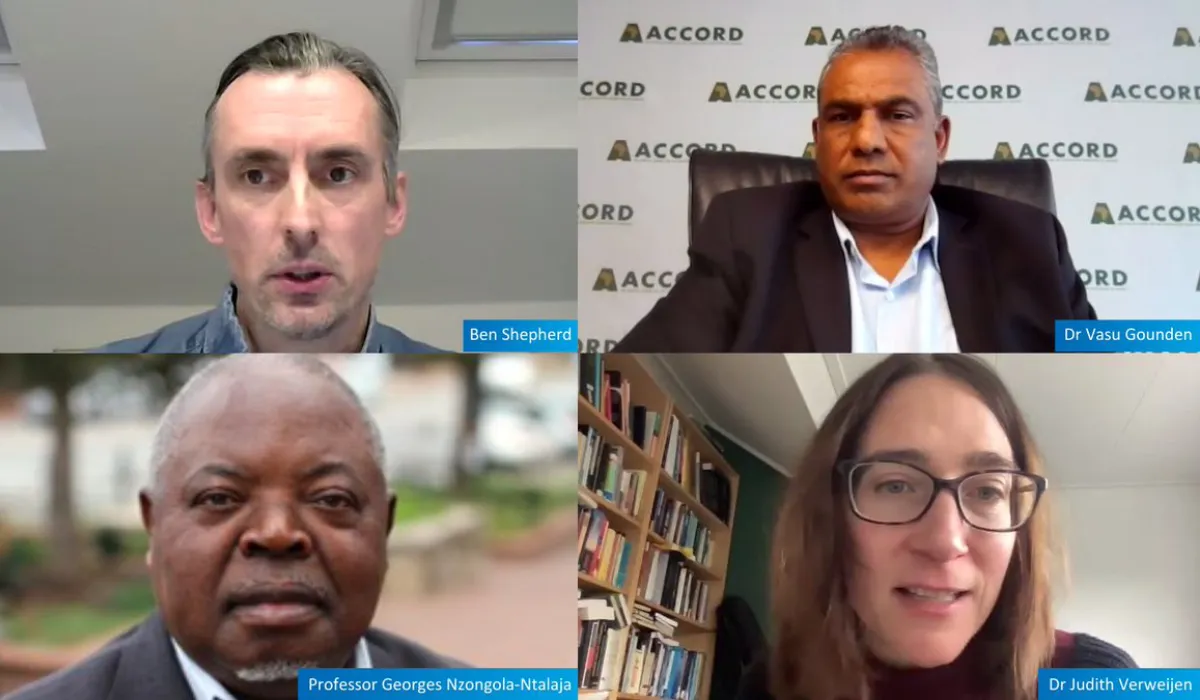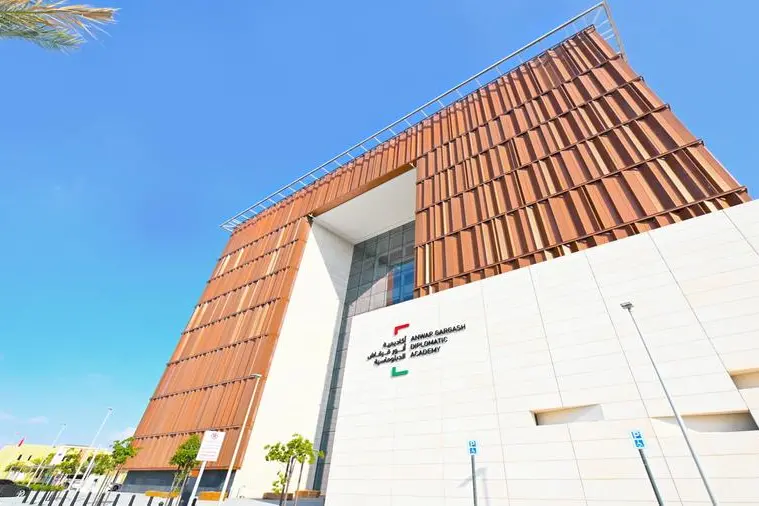On 24 January 2024 ACCORD’s Founder and Executive Director, Dr. Vasu Gounden was invited to participate in a panel discussion on Negotiating peace in the Democratic Republic of Congo (DRC), hosted by Chatham House Africa and the UN Development.
The DRC is facing one of the world’s most serious humanitarian crises, with more than six million internally displaced persons due to a multi-faceted conflict that threatens stability across a huge area of the African continent. Shifting armed groups have put down deep roots since the end of the Second Congo War and are locked into repeating patterns of violence. There have been multiple unsuccessful attempts to find a sustainable peace since the end of the post-war transition in 2006, including demobilisation programmes, stabilisation approaches, and local peacebuilding.
While the Goma Peace Conference of 2008 and the Nairobi process in 2022 made significant attempts, the lack of sustained change on the ground underscores the complexity of the situation. The need for innovative and collaborative efforts to break the cycle of violence and pave the way for lasting peace in the DRC remains a priority.
Chaired by Ben Shepherd, a Consulting Fellow of the Africa Programme at Chatham House, the webinar delved into crucial aspects of the DRC conflict and the potential for a negotiated settlement in response to armed group violence. One of the three speakers, Dr. Judith Verweijen, Assistant Professor at the University of Groningen, Netherlands, presented on the Congolese armed groups, highlighting the complex, multi-level dynamics fuelling armed groups in Eastern Congo, including local, national, and regional factors. She further called for the need to tackle these factors simultaneously as a means to stop the mobilisation of armed groups.
Professor Georges Nzongala-Ntalaja from the University of North Carolina and the Permanent Representative of the DRC to the United Nations, provided insights into the history of Congolese peace processes. Dr. Vasu Gounden underscored the necessity for a paradigm shift in lasting conflict management tools.
The webinar shed light on the challenges, complexities, and potential pathways to peace in the DRC, was concluded with valuable perspectives for understanding and addressing the multifaceted conflict in the Democratic Republic of Congo.








